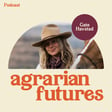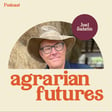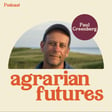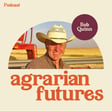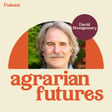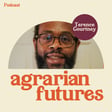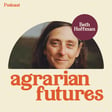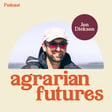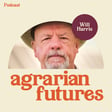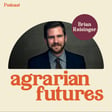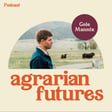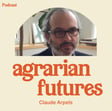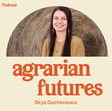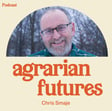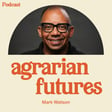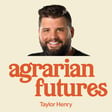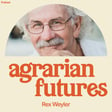
Lessons Learned Roadtripping Through a Divided America with Anthony James
It’s no secret our world is in upheaval right now—climate disasters, political unrest, economic uncertainty. But in the midst of it all, there are also stories of resilience, adaptation, and new ways forward.
That’s a theme Anthony James, host of The Regen Narration Podcast, has explored deeply. From an extended road trip across the U.S., interviewing community leaders navigating climate adaptation, to studying how people respond to upheaval, Anthony has seen firsthand how crisis can be a catalyst for transformation.
In this episode, we dive into:
- Why witnessing and pitching in during disaster—rather than looking away—is essential to change.
- Lessons from his travels across the U.S., meeting communities in the midst of transformation.
- A Paradise Built in Hell by Rebecca Solnit, and how joy and transcendence can emerge from catastrophe.
- Real-world examples of people coming together across political and cultural divides to build something new.
- What modern society can learn from Indigenous worldviews that see nature as kin and resilience as a collective effort.
- Do we focus on building centralized movements, or do we nurture local seeds of change and trust in their transformative power?
- And much more…
More about Anthony and The Regen Narration Podcast:
The RegenNarration podcast features the stories of a generation that is changing the story, enabling the regeneration of life on this planet. It’s independent media, ad-free, freely available and entirely listener-supported.
Created and hosted by Anthony James, a fifth generation Australian man living on ancient lands among the oldest continuous cultures on earth. He is a Prime Ministerial award-winner for service to the international community, sought after MC, widely published writer, facilitator and educator, Honorary Research Fellow at the University of Western Australia, and Warm Data Lab Host Certified by the International Bateson Institute.
Agrarian Futures is produced by Alexandre Miller, who also wrote our theme song. This episode was edited by Drew O’Doherty.

